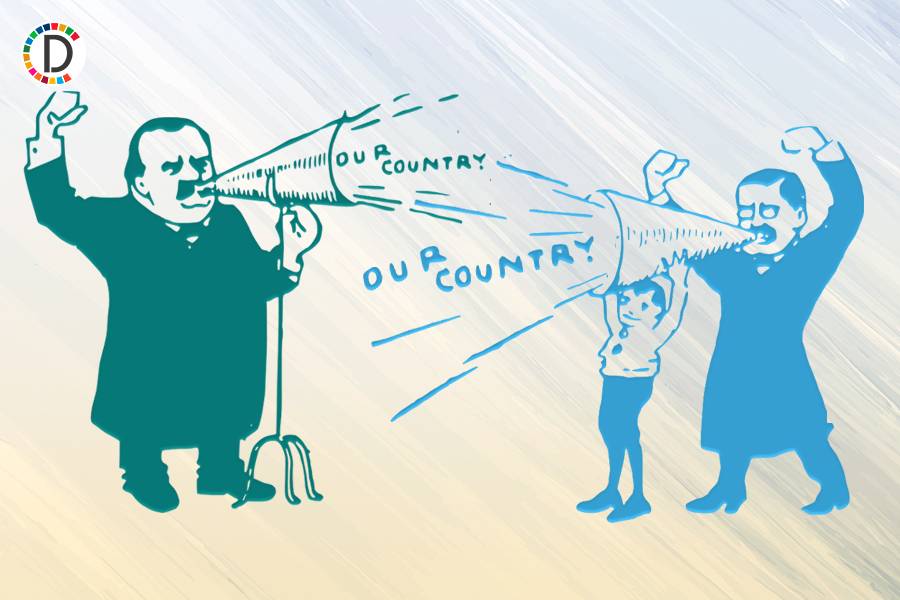Brazil faces likely run-off election after Bolsonaro's strong start
Brazil's presidential election on Sunday appeared to be heading for an Oct. 30 run-off, as far-right President Jair Bolsonaro's strong initial showing seemed to have ended leftist Luiz Inacio Lula da Silva's hopes of a first-round victory. With 70% of electronic voting machines counted, Lula was slightly ahead with 45.7% of votes versus 45.5% for Bolsonaro, the national electoral authority said on its website.

Brazil's presidential election on Sunday appeared to be heading for an Oct. 30 run-off, as far-right President Jair Bolsonaro's strong initial showing seemed to have ended leftist Luiz Inacio Lula da Silva's hopes of a first-round victory.
With 70% of electronic voting machines counted, Lula was slightly ahead with 45.7% of votes versus 45.5% for Bolsonaro, the national electoral authority said on its website. A second-round vote could add to fierce polarization and simmering political violence in Latin America's biggest country. A narrow first-round vote would also deliver a major boost to Bolsonaro, who was seen trailing Lula by 10-15 percentage points in most polls ahead of Sunday's vote.
Bolsonaro has questioned polls that showed losing to Lula in the first round, saying they did not capture support he saw on the campaign trail. He has also repeatedly cast unfounded doubts on the country's electronic voting system, prompting fears he may refuse to accept defeat and spark an institutional crisis. Initial results do not always capture the full picture in Brazil's sprawling national elections. In 2014, when the Lula's Workers Party (PT) last won a presidential election, its advantage only appeared after two hours of vote counting. Results from Brazil's poorer northeast, a traditional PT stronghold, often take longer to reach the TSE.
There were reports of long lines at voting stations that closed at 5 p.m (2000 GMT) as many Brazilians flocked to vote. If no candidate wins over half of the votes, excluding blank and spoiled ballots, the top two go to a run-off in four weeks.
Some polls had suggested Lula could win over 50% of valid votes, allowing him to avoid the run-off against his fierce rival. But as results trickled in, that looked unlikely. Outside Bolsonaro's family home in Rio de Janeiro's Barra da Tijuca neighborhood, the scene of jubilant celebrations when Bolsonaro was elected in 2018, the mood was increasingly upbeat.
Maria Lourdes de Noronha, 63, said only fraud could prevent a Bolsonaro victory, adding that "we will not accept it" if he loses. "The polls in our country, the media, and journalists, are liars, rascals, shameless," she said. Although he ended his 2003-2010 government with record popularity, Lula is now loathed by many Brazilians after he was convicted of accepting bribes. The leftist, who was president from 2003 to 2010, was jailed during the last election. But his conviction was later overturned by the Supreme Court, allowing him to face his rival Bolsonaro this year.
Voting in Sao Bernardo do Campo, Lula acknowledged the dramatic turnaround in his fortunes after a prosecution that he calls politically motivated. "It's an important day for me," he said. "Four years ago I couldn't vote because I was the victim of a lie ... I want to try to help my country to return to normal."
Bolsonaro voted in Rio, where he said he expected to win the election in Sunday's first round, despite his poor showing in the polls, which he claims do not capture his popular support.
(This story has not been edited by Devdiscourse staff and is auto-generated from a syndicated feed.)










